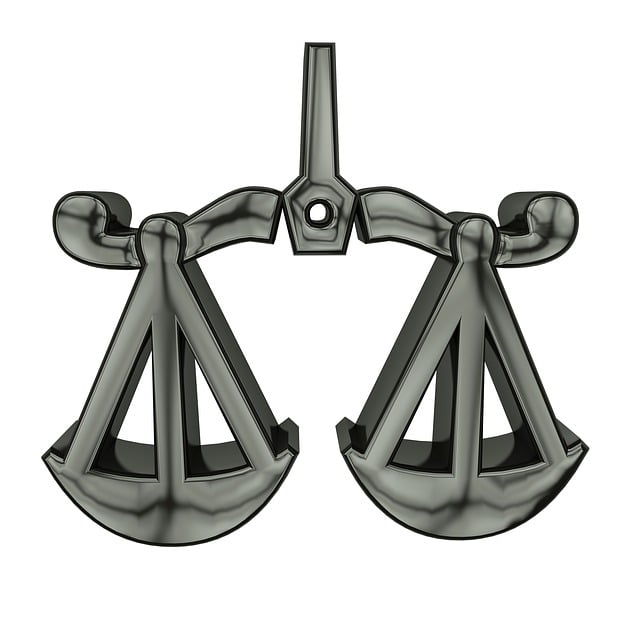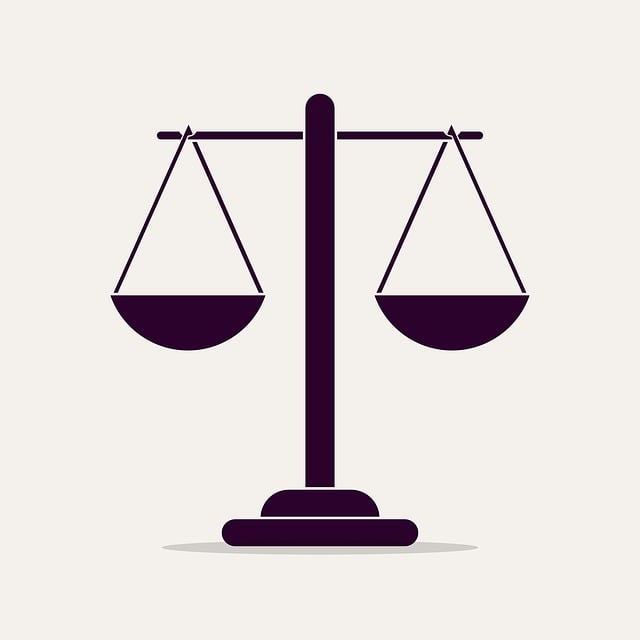Mail wire fraud targeting personal injury claims has become more sophisticated, with scammers posing as law firms and manipulating victims into paying for non-existent services. Awareness is key when dealing with unexpected legal requests involving large sums of money. To avoid scams, be wary of sudden claims, protect personal info, and verify legitimacy. Many individuals successfully navigate personal injury claims without a lawyer by understanding their rights, gathering evidence, and applying procedural rules independently.
Mail wire fraud is a growing concern, with sophisticated scams targeting individuals seeking compensation for personal injuries. Understanding these schemes and their signs is crucial for navigating the legal process without a lawyer. This article breaks down common mail wire fraud tactics, teaches you to recognize personal injury scams, and provides a guide to pursuing a legitimate personal injury claim on your own. Learn how to protect yourself and avoid becoming a victim of these deceptive practices.
- Understanding Mail Wire Fraud Schemes
- Recognizing Signs of Personal Injury Scams
- Navigating Legal Process Without a Lawyer
Understanding Mail Wire Fraud Schemes
Mail wire fraud schemes have become increasingly sophisticated, targeting both corporate and individual clients alike. Scammers often pose as legitimate law firms or legal professionals, attempting to dupe victims into paying for services related to personal injury claims—even when no such claim exists. This deceptive practice is particularly prevalent in high-stakes cases, where desperate individuals might be willing to believe false promises of compensation without legal representation.
By using convincing language and manipulated documentation, fraudsters convince their targets that they have a valid personal injury claim worth a substantial sum. They may instruct victims to wire transfer funds directly, often demanding immediate action to avoid missing a crucial deadline. For his clients, this can result in significant financial losses, not to mention the emotional distress of being taken advantage of during an already stressful time. Awareness and caution are paramount when dealing with unexpected legal requests involving large sums of money, especially when there’s no initial lawyer-client relationship.
Recognizing Signs of Personal Injury Scams
Personal Injury scams are a sophisticated and insidious form of fraud, often targeting individuals who may be vulnerable or in need of compensation after an accident. These scams typically involve con artists posing as lawyers or insurance adjusters, promising to help victims navigate the complexities of filing a personal injury claim without a lawyer. They may contact victims through phone calls, emails, or even social media, offering swift financial relief and guaranteed settlements.
Recognizing these scams early is crucial. Watch out for unexpected calls or messages claiming to be from legal or insurance professionals. Con artists often create a sense of urgency, pressuring victims to make quick decisions and providing unrealistic promises of compensation. They might also ask for personal information, banking details, or prompt payments, which are red flags. It’s essential to verify the legitimacy of such claims by consulting with reputable legal advisors or checking with respective business associations or philanthropic and political communities involved in all stages of the investigative and enforcement process.
Navigating Legal Process Without a Lawyer
Navigating the legal process after a suspected mail wire fraud can be daunting, especially if you’re considering handling it alone without legal counsel. However, for those who opt to pursue a personal injury claim without a lawyer, understanding your rights and options is crucial. While some cases may require the expertise of a legal professional due to their complexity or severity, many victims can successfully achieve extraordinary results by familiarizing themselves with the system.
This journey often begins with gathering evidence, documenting interactions with the accused entity, and reviewing relevant laws pertaining to mail wire fraud. Many corporate and individual clients have successfully navigated these challenging defenses, securing winning verdicts. It’s a process that demands patience, meticulous attention to detail, and a solid grasp of procedural rules—all of which can be learned and applied by determined individuals, even in the absence of legal representation.
Mail wire fraud, particularly in personal injury claims, is a growing concern. By understanding common scams and recognizing their signs, you can protect yourself from falling victim. If you’re considering a personal injury claim without a lawyer, navigating the legal process may seem daunting, but with careful research and awareness of your rights, it’s achievable. Stay vigilant, educate yourself, and take proactive steps to ensure fairness in your case.






